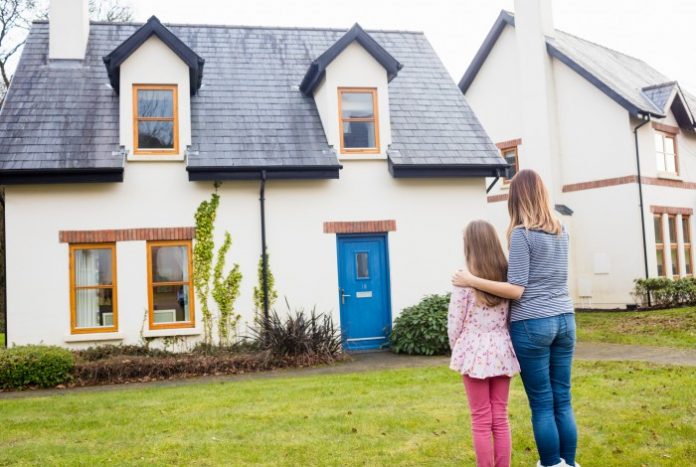If you have fallen behind on credit card or loan repayments, you may find yourself having a poor credit score. This is a number which is assigned to every individual once they turn 18 and gives an indication of their creditworthiness and is used by lenders to determine who is eligible to borrow money.
When it comes to applying for a mortgage, having a good income and credit rating is key for being approved and landing the property of your dreams. The issue though, is that having a poor credit history can really limit your chances of success. We explain what options are available to you below.
Borrow on less favourable terms
Typically, the interest rates on a bad credit mortgage will be higher than that of a standard mortgage. On top of this, you will probably be required to put down a bigger deposit; in some cases up to 15% higher or more of the property’s value.
They won’t work in conjunction with the Help to Buy or Shared Ownership government schemes as they do not usually accept applications from people who have been bankrupt in the previous six years. This will be the case unless their credit file is now clear with no kind of defaults present.
Build up your credit rating
Ultimately the best thing you can do is actually rebuild your credit rating to a position where it is more likely to be accepted. The great thing about your credit score is that it can constantly change, so whilst it is below average now, there is no reason that you cannot get it into a strong position.
This will not happen overnight, however, as a defaulted loan can stay on your credit file for as long as 6 years. But you can certainly start by accessing your credit report for just £2 and using the likes of Experian, Noddle or Clearscore to check your progress.
Some of the best ways to improve your credit rating including building up a history of repaid debt and this can be achieved through credit builder credit cards and guarantor loans.
Also, removing any outstanding debt is key. If you have a number of store cards and credit cards that you do not use often or at all, consider paying them off in full or closing them down – only keeping the ones you need. Even if you have any short-term loans or bad credit payday loans, consider closing these and only use finance that could improve your score.
Go through a broker
Applying for a mortgage through your bank directly when you have bad credit can be tough. If you use a mortgage broker, they will likely have access to multiple banks and deals and also be more driven to help you get approved for a mortgage.
This is because brokers will take a commission from the bank or lender, and not from you. So it is in their interest to assess your credentials and help you obtain a mortgage.
Get a guarantor
Something that can help your mortgage application get approved or increase the amount you wish to borrow is having a guarantor. This is an extra person involved in the loan process who agrees to ‘co-sign’ your loan agreement and cover any costs that you cannot make. It is like having a financial backup and gives the lender peace of mind that their funds can be recuperated.
The typical guarantor is a parent or sibling and it is very common for first-time buyers to use their parents as guarantors when they have zero or limited credit history. In some cases, banks will even lend 100% LTV when a guarantor is involved, and no deposit is necessary; the borrowers will just be responsible for monthly mortgage payments.
Alternatives to a mortgage
If you have adverse credit and are still struggling to get a mortgage, you can look at alternative ways to get on the property ladder. This might include inheriting a property from a relative or if you save up enough, you can potentially buy the property outright without any finance necessary.
However, if you have saved up money over time, you are better off paying off your debts and improving your credit score as this will give you access to not just a mortgage but also high acceptance and low rates for credit cards and personal loans.
Find a Home-Based Business to Start-Up >>> Hundreds of Business Listings.

















































